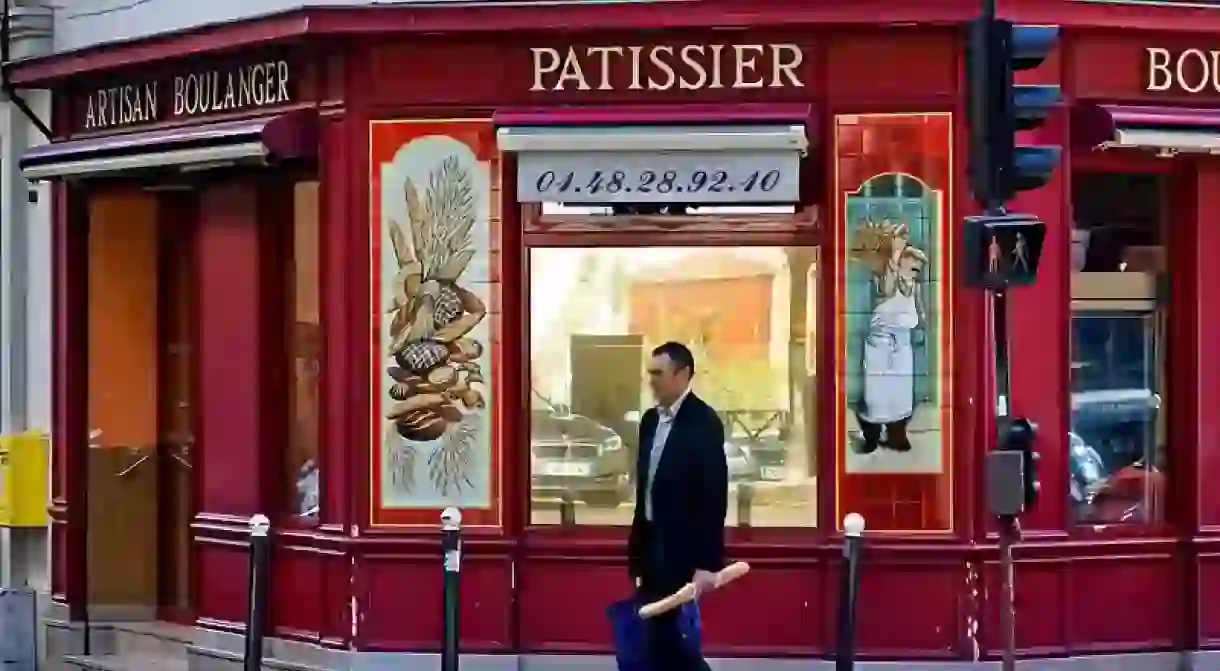Why Do French People Love Baguettes So Much?

The savouring of baguettes is serious business in France – shortages are what stirred the famous revolution, and there’s even a French bread law. With ten million baguettes sold in France every year, discover the secrets behind this seemingly worshipped stick of flour.
Baguettes are practical, apart from the crumbs
A stick of bread can be shoved anywhere – into a handbag, rucksack, bike basket, pocket – without falling apart. It’s not like taking a tub of pasta to work, where you’re constantly waiting for the contents to capsize and create a disgusting mess. Baguettes are incredibly practical to transport. Apparently, tradition wants the French to take their baguettes with them under their armpits – but without a wrapper. Of course, any self-respecting French person would probably opt for other methods on the grounds of personal hygiene.

Baguettes are not only delicious, but dependable
They all share the same taste, pretty much. It’s only the texture of the crust and the amount of air inside that changes depending on individual baking methods. This is because the French bread law (yes, there’s actually a law) states that traditional baguettes can only be made with four ingredients: wheat flour, water, salt and yeast. This means there can’t be too many unpleasant surprises. Something else that must legally stay the same is that they can’t be frozen at any stage or contain additives or preservatives, which finally explains the frustrating reason they go stale after just 24 hours. But in France stale bread isn’t such a problem – you’d just be buying more bread the next day anyway, making sure to get the daily dose.

Baguettes are everywhere, always
With 26,000 boulangeries dotted across France, there’s practically one on every corner. So if you’re stuck for ideas on what to eat, you’re sure to be able to grab a stick of bread. It’s only recently that a boulangerie law, which had been reigning for 225 years, was scrapped in 2015. The law, implemented in 1790, required all boulangeries to report to the authorities when they planned to shut their doors and stop serving bread, even if it was just for a family holiday. The aim was to ensure that baguette-hungry locals could always get their eager hands on a slender loaf of fresh bread. A long-term bread shortage was one of the factors that led to the famous 1789 French revolution.

Baguettes are cheap as centimes
Whilst stepping into a boulangerie for the first time in France might seem overwhelming, there are only really two types of baguettes scattered across its shelves. There’s the everyday variety that usually costs less than one euro for a lengthy stick, and then there’s the baguette tradition which is the more artisanal, luxurious version, costing a few cents more. Whichever you choose, it’s great value for money, stuffed with a bulk of carbohydrates to keep you firing throughout the day.













